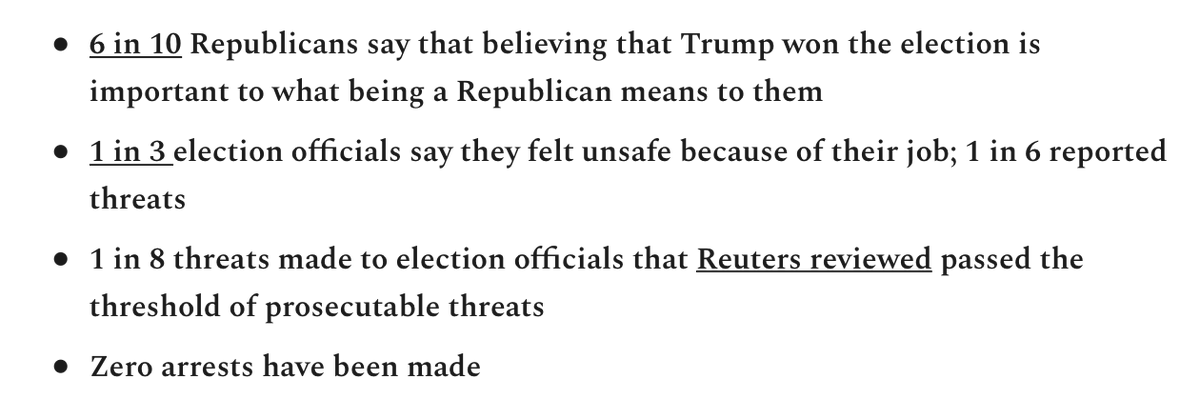
Interesting piece: I think the most obvious answer is that the expanded CTC is relatively new, most people have not benefited from it, and people don't really see it as a distinct post-pandemic program. Those things will change if the becomes permanent.
nytimes.com/2022/01/05/ups…
nytimes.com/2022/01/05/ups…
There is a risk among the policy wonk community that we overestimate people's knowledge of the ins-and-outs of unfamiliar programs. As a result, the way questions are framed and demand effects (where subjects are providing an answer they think the poller is seeking) matter a lot 

For example, people's support for work requirements weaken if you tell them about the effects, or if you spell out the consequences. Framing matters. 

LOL this focus group by a conservative think tank that featured 30-something people has now generated both an NY Times op-ed and now gets an Upshot mention. Nice work. 

It's also worth noting that the people who would benefit most from the revised CTC, i.e. people facing such intense poverty that they don't file tax returns, are being undersampled.
My general theory on this stuff is that a) people like getting benefits, b) esp. if they are well run. Thus far, only parents with qualifying kids have received the CTC, and only for a few months, and not all parents. It will take a while for feedback effects to kick in.
The implication is that in the short run the expanded CTC is more politically vulnerable than its proponents might have hoped (which we are seeing now), but is a long-term winner in terms of popular support.
• • •
Missing some Tweet in this thread? You can try to
force a refresh
















